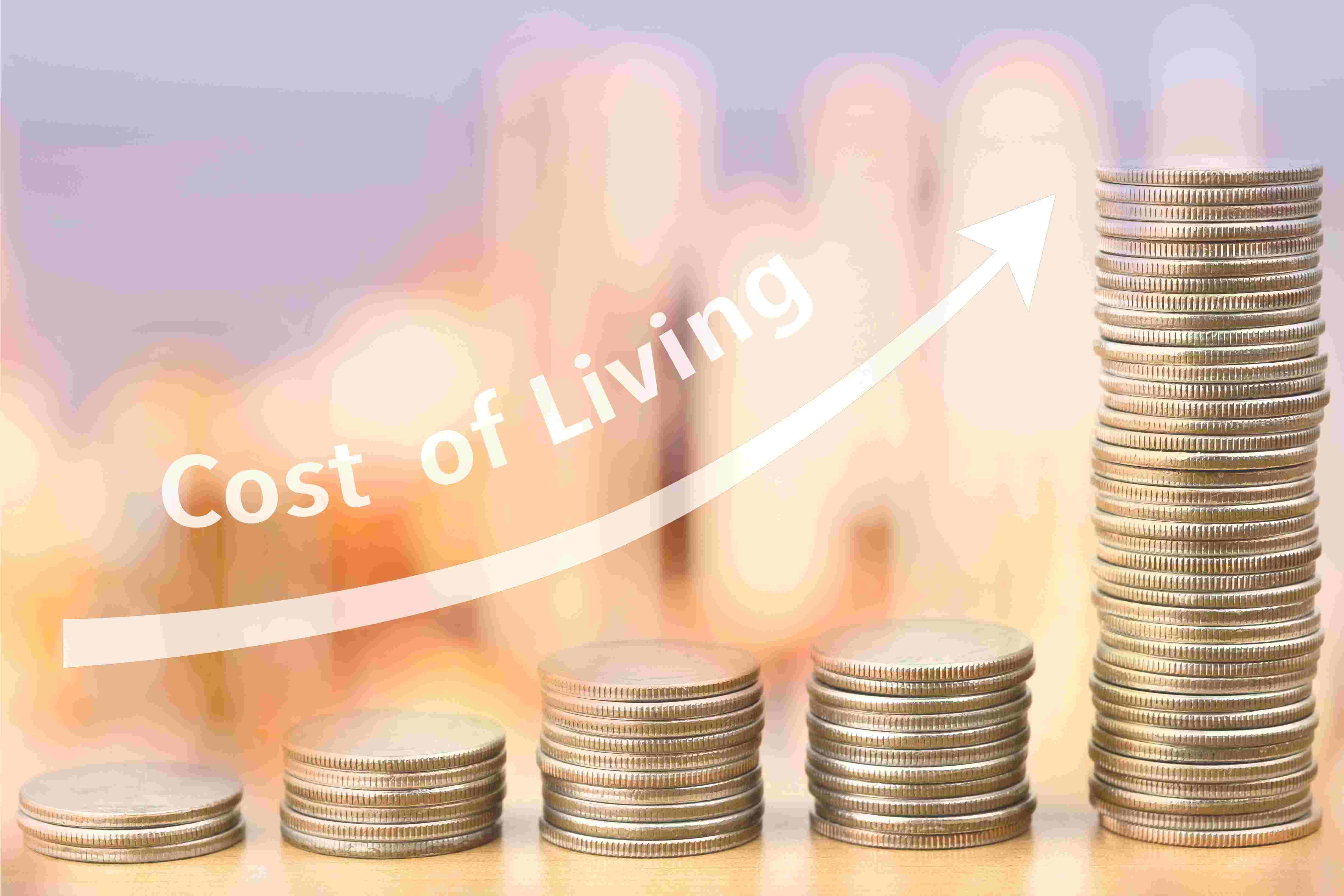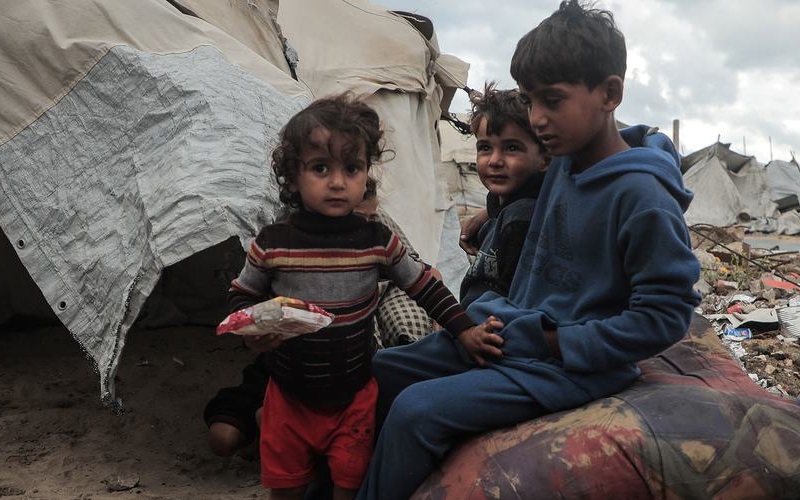Kenyans say reports of an improved economy not matching reality

A recent Infotrak poll showed the majority of Kenyans — 58 per cent — felt the country was headed in the wrong direction economically
Inflation, the measure of the general cost of living, declined for three months from January to April, a trend that could arguably be pointing towards easing commodity prices. This could then mean the purchasing power of households is increasing, picturing an improved economy.
This thought, however, is not shared by Anastacia Muthoni, a resident of Pumwani and a mother of four, who says she has had to devise survival mechanisms since January due to the high cost of living.
More To Read
- FAO index shows decline in global food prices, except cereals
- World Bank warns political interference weakening Kenya’s state-owned enterprises
- KNBS data shows uneven food price shifts as inflation dips slightly
- Parliamentary Budget Office warns Sh2.2 trillion projects at risk over funding delays
- World Bank upgrades Kenya’s growth outlook to 4.9 per cent, warns of elevated risks
- CBK targets Sh40 billion in new Treasury bond auction
Speaking to The Eastleigh Voice from her kiosk, Muthoni said it has become tougher to survive on the little she and her husband earn daily.
“I have not felt the relief. Things are even tougher now compared to last year. I have to continuously cut costs to survive,” Muthoni said.
Her sentiments resonate with those of other city residents, and perhaps across the country, who feel the economy is only improving on paper.
Ramadan Juma and Derick Oigo, two self-employed youths in Kamukunji, Nairobi, concur with Muthoni’s sentiments.
Geoffrey Ndombi, a boda boda rider from Kakamega County said times are hard and that for the better part of this year, he has had to work extra to make ends meet.
“I hear talks of the economy steadily improving, but this makes no sense to me. The struggle is getting harder as youth support programmes like Kazi Kwa Vijana no longer exist,” he said.
Similar sentiments were expressed by Martin Omondi from Kisumu and Zero Runya from Nyeri who feel the economy has not improved despite the positive inflation figures on paper.
Data by the Kenya National Bureau of Statistics (KNBS) show inflation has declined from 6.9 per cent in January to 6.3 per cent in February, 5.7 per cent in March, and 5 per cent in April.
It, however, rose to 5.1 per cent last month due to an increase in the prices of some food items which outweighed the decline in some.
“The prices of spinach, kale (sukuma wiki), tomatoes, and Irish potatoes increased by 18.2 per cent, 15 per cent, 14 per cent, and 6.2 per cent, respectively between April and May 2024,” KNBS report says.
“Year-on-year generally, the price increase was mainly driven by a rise in prices of commodities under transport (8.1 per cent), food and non-alcoholic beverages (6.2 per cent) and housing, water, electricity, gas, and other fuels (4.4 per cent) between May 2023 and May 2024.”
Notably, fuel prices have dropped for the past four months, with a litre of super petrol currently retailing at Sh192.84, diesel at Sh179.18, and Kerosene at Sh168.76.
Fuel prices affect all segments of the economy, and it is often expected that a drop, for instance, translates to reduced transport costs which benefits commuters.
But for many commuters in the city and its environs, this has not been the case.
“During peak hours, the fare was Sh100 when fuel prices were at the highs of Sh200 per litre. Unfortunately, we are still paying almost the same, leaving us to wonder when we will feel the effect of the reduced fuel prices,” said Esther Kimotho who commutes daily from Kasarani to Nairobi CBD and back.
The Eastleigh Voice reached out to the Matatu Owners Association on the matter who had not commented on the matter by the time of going to press.
The mismatch between figures showing an improvement in the economy and the cost of living is widely evident. A recent poll by research body Infotrak revealed that the majority of Kenyans — 58 per cent — felt the country was headed in the wrong direction economically.
Comparatively, the survey showed that only 19 per cent felt the country was on the right path, while another 19 per cent said they did not know whether the country was on the right path or not.
By region, Coast led, with 70 per cent believing Kenya was not on the right trajectory.
In Nairobi, Central, and Eastern, 53, 55, and 62 per cent felt the country was headed in the wrong direction.
“On the other hand, 67, 68 and 45 per cent in North Eastern, Nyanza and Rift Valley were not satisfied with Kenya's direction, while in Western, 64 per cent said they felt the country was on the wrong path,” the report said.
Of those polled, 59 per cent of women and 57 per cent of men polled said they felt Kenya was on the wrong path.
According to the World Economic Forum (WEF), individuals can still believe the economy is not heading in the right direction despite encouraging statistics.
"These patterns are influenced by two channels. First, even when general economic conditions improve, certain people continue to experience objective financial hardship. Secondly, even when objective measures of wellbeing remain the same or even improve, some people are grappling with feelings of being threatened or left behind," WEF says.
The beliefs are strongly linked to people having a lower sense of control over their lives and trusting others less when they are associated with perceptions of insecurity.
“As a result, the unfavourable opinions about the economy might solidify if they are associated with a wider set of views.”
Top Stories Today


















































